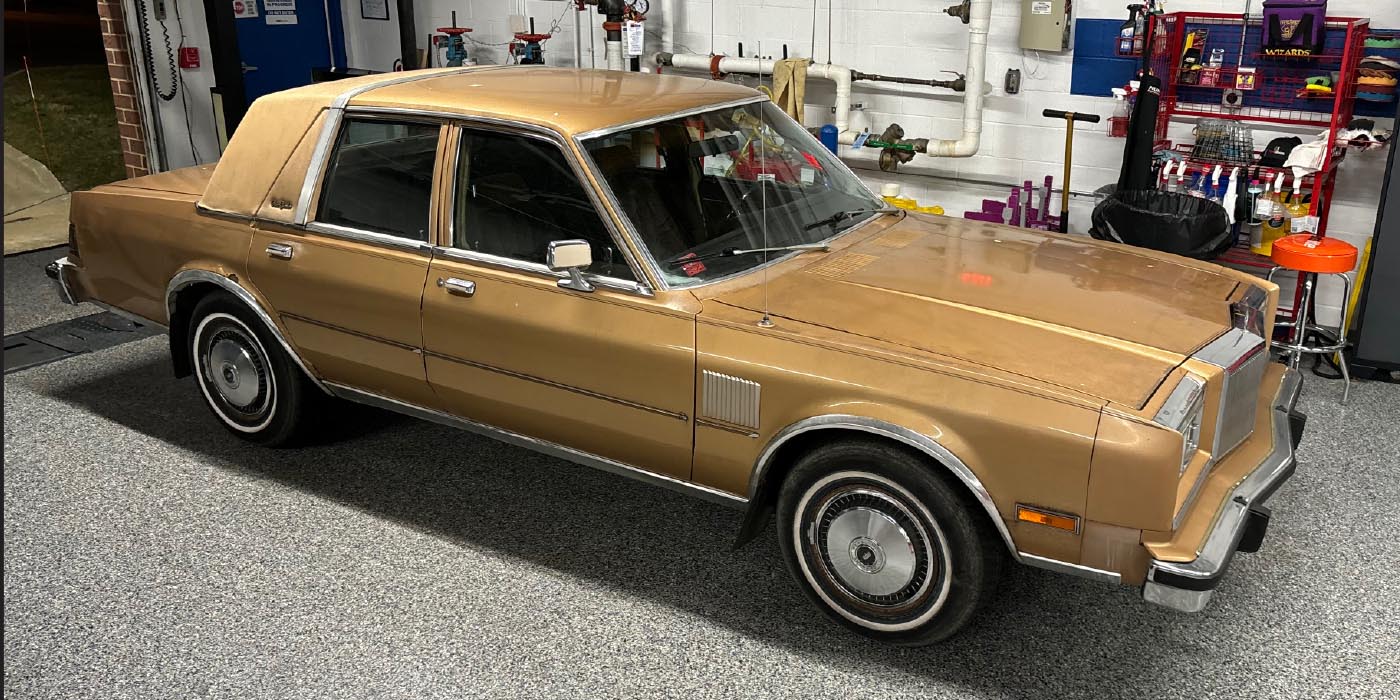The following comments regarding the proposed ban on the sale of automotive refrigerant to consumers (see page 32 of the May issue of Underhood Service) were e-mailed to me in the past few weeks.
Most of the comments were directed toward Tom Brown and the coalition opposing such legislation.
Note: Comments below may have been edited for length and content. The staff at Underhood Service would like to thank these and all who contributed their comments and their insight on this issue.
— Ed
Yes, I think it should be banned to DIYer and non-certified (so-called mechanics). I won’t call these people technicians. I also think there should be a ban on all brake components sold to these people, too. You know that the DIYer or the non-certified mechanic is just going to let refrigerant into the air if he has to change a component or an O-ring. Motor vehicles can be deadly if the wrong driver gets behind the wheel. The same thing can happen if the wrong so-called “mechanic” attempts to repair a safety item or handle hazardous materials in vehicles.
— Jim Ruggiero, owner of J&G Auto Repair Center, Jersey City, NJ
I thought I’d offer a slightly more educated perspective than that of Mr. (Tom) Brown on the proposed CARB ban of refrigerant sales to consumers.
It is unfortunate that this consumer advocate group in California does not understand the long-term impact of R-134a refrigerant. When the EPA SNAP rule was put into effect in the early 1990s, many in the automotive industry thought that our refrigerant problems were forever solved.
We now realize that we were mistaken and are working toward finding an alternative refrigerant for use in vehicles. The problem with selling refrigerant to the consumer is twofold. First, consumers are not aware of the environmental impact associated with R-134a and are therefore under the improper belief that if it is sold on the store shelves, it must be safe.
Second, consumers often purchase refrigerant to recharge their vehicles without fixing the leaks that are the primary cause of their air-conditioning system failure. This suggests to the consumer that simply topping off will fix the system.
Finally, I find it odd that service professionals in California must follow a strict service regiment including special equipment for A/C work, yet Mr. Brown certainly does not support the same requirements for consumers. The fact that R-134a has been sold without EPA 609 certification was a gross oversight on the part of the EPA from the beginning, and ignoring the problem will not make it go away.
We count on leadership from California for our national energy and environmental guidelines and I certainly hope CARB does the right thing by removing these cans from the reach of the public.
— Peter Coll, Refrigerant Analysis Division Manager, Neutronics Inc., Exton, PA
I think if DIYers wish to charge their own vehicles they should be subject to the same licensing that is required for professional shops. They should have to be licensed and certified by a generally approved source.
Furthermore, the language that “Stay Cool California” uses is, to say the least, dramatic. Having a working air conditioner isn’t necessary for survival. If someone can’t afford to repair his or her air conditioner, should the environment suffer? Wind down the window. I can’t charge my home HVAC system! I have to call a qualified HVAC residential serviceman and pay them to do it. That’s the cost of owning a house. The same goes for a vehicle owner. Don’t whine about how the proposal targets the lower class. It’s the law.
When a DIYer works on his own vehicle, so be it. As long as it doesn’t endanger me or my family, I don’t care what they do. But, when it affects my air, I have an opinion. A strong one.
— Dale A. Toalston, ASE-certified L1 automobile specialist


